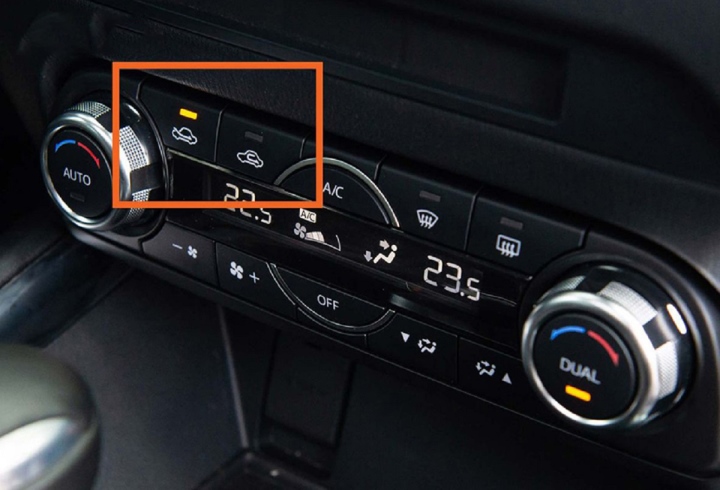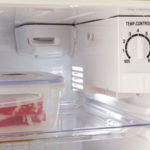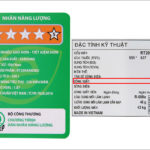Especially on hot summer days, users often choose to start the car and turn on the air conditioning for 5 – 10 minutes before getting in the car.
Does starting the car and turning on the air conditioning consume fuel?
The answer is, of course, yes, because when the engine is running but not moving, the engine is still operating and all the needs on the car are met through the engine’s operation. This leads to fuel consumption.
Not only with gasoline / diesel-powered cars, but also with electric cars, starting the car and turning on the air conditioning also consumes electricity. So whether you use a gasoline / diesel car or an electric car, starting the car and turning on the air conditioning still consumes energy.
Fuel consumption when starting the car and turning on the air conditioning varies depending on the type of car and the different usage modes of the car. For example, whether you turn on the A/C or not, turn on with a small or large setting, turn on the fan or not…each will be different.
A test on fuel consumption when starting the car and turning on the air conditioning was conducted under the following assumed conditions:
Ambient temperature: 40 degrees Celsius
Air intake temperature (air conditioning): 20 degrees Celsius, driver seat temperature 24 – 25 degrees Celsius
Solar radiation: 1000W/m2
The result shows that the car consumes 0.352 liters of fuel when the car is stationary and only the air conditioning is turned on. And in reality, when comparing, the energy consumption for starting the car and turning on the air conditioning when the car is stationary will be much higher than when the car is moving. Specifically (applying the assumed conditions above):
This number may vary depending on different usage conditions such as car model, car engine, car generation, and temperature…
Is starting the car and turning on the air conditioning harmful to the car?
This is a highly debated issue, with some information stating that it has an impact and is harmful to the car, while some information says it is not.
However, many studies in the United States have proven that turning on the air conditioning when the car is started and not driving does not affect the car’s engine. This is because modern cars are equipped with automatic ECU systems to automatically adjust the system to optimize the engine’s performance. When we start the engine, the support systems in the car will automatically shut down to focus on fuel and power for operation.
This intelligent operation has helped the car remain undamaged even when the air conditioning is turned on without moving.
Should you start the car and turn on the air conditioning?
You should only start the car and turn on the air conditioning for a short period of time or to cool down the car.
Absolutely do not start the car and turn on the air conditioning and sleep. In reality, many people have encountered danger and death due to turning on the air conditioning to sleep due to lack of oxygen.
Additional case: Ex-husband sues supermodel Ngoc Thuy for an additional 78 billion VND, how wealthy is millionaire Duc An, who owns multiple houses?
According to vtc.vn
Maximizing Durability and Energy Efficiency with High-Speed Kettles: Tips and Advice
Are you an electric kettle aficionado? If so, you’ll appreciate Ði?n máy Xanh’s latest offering. We’ve compiled comprehensive instructions to help you make the most of your electric kettle, including tips on how to prolong its life as well as maximize energy savings. Let’s get your kettle expertise up to date!




































